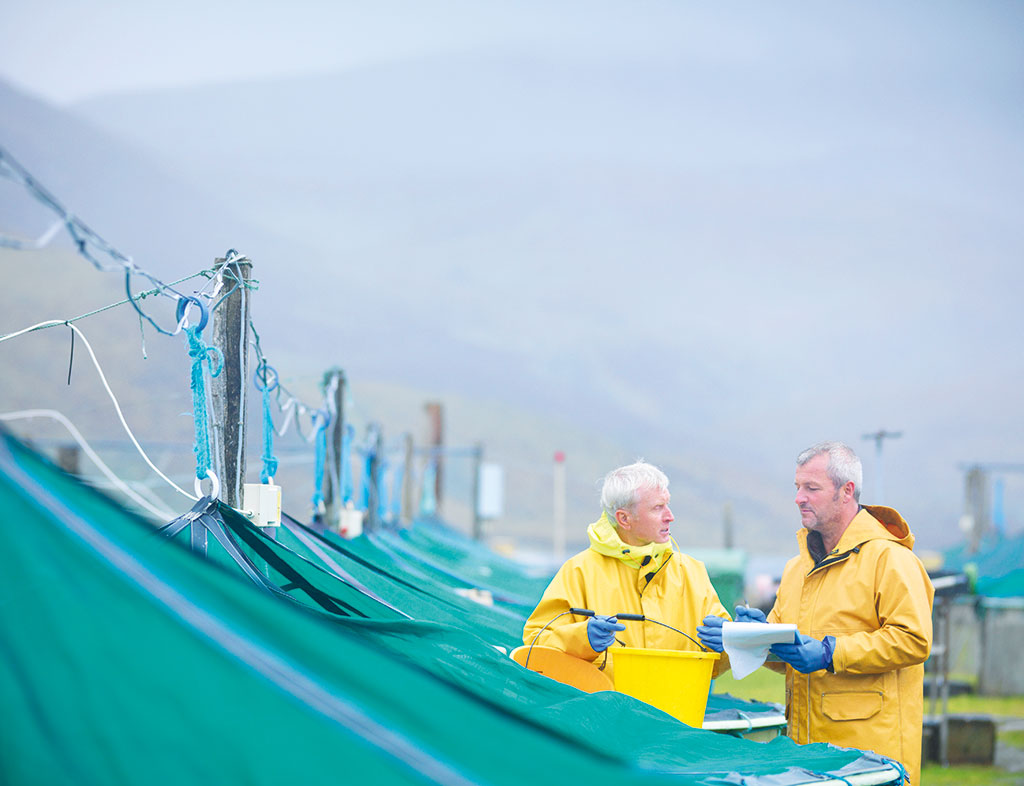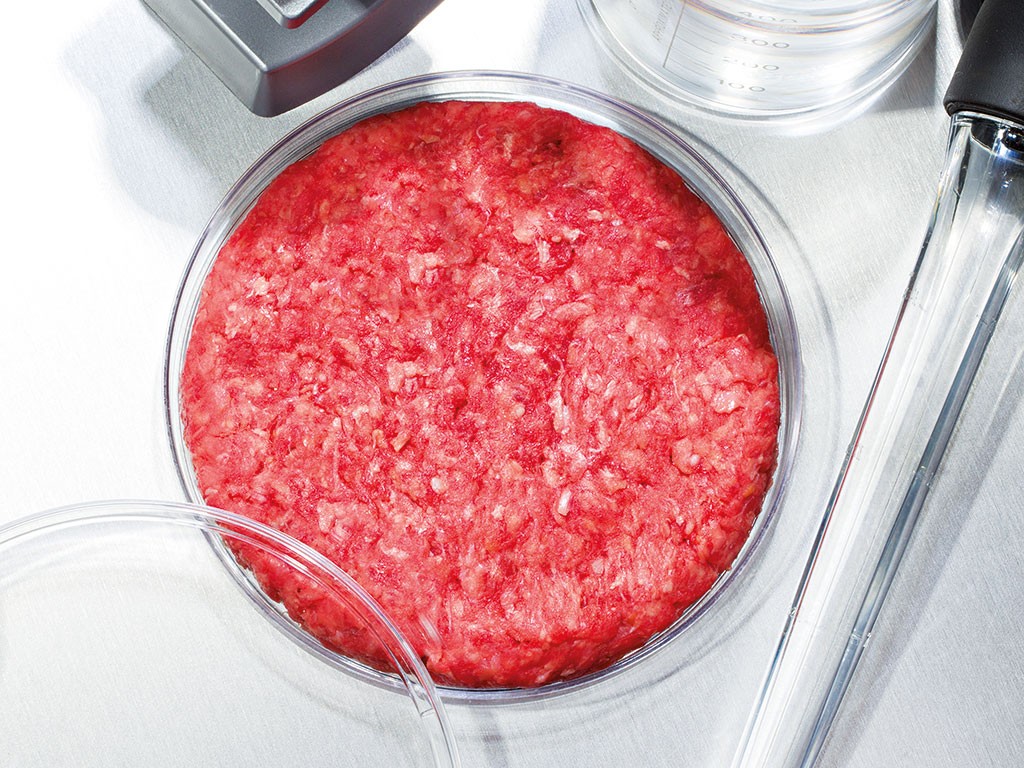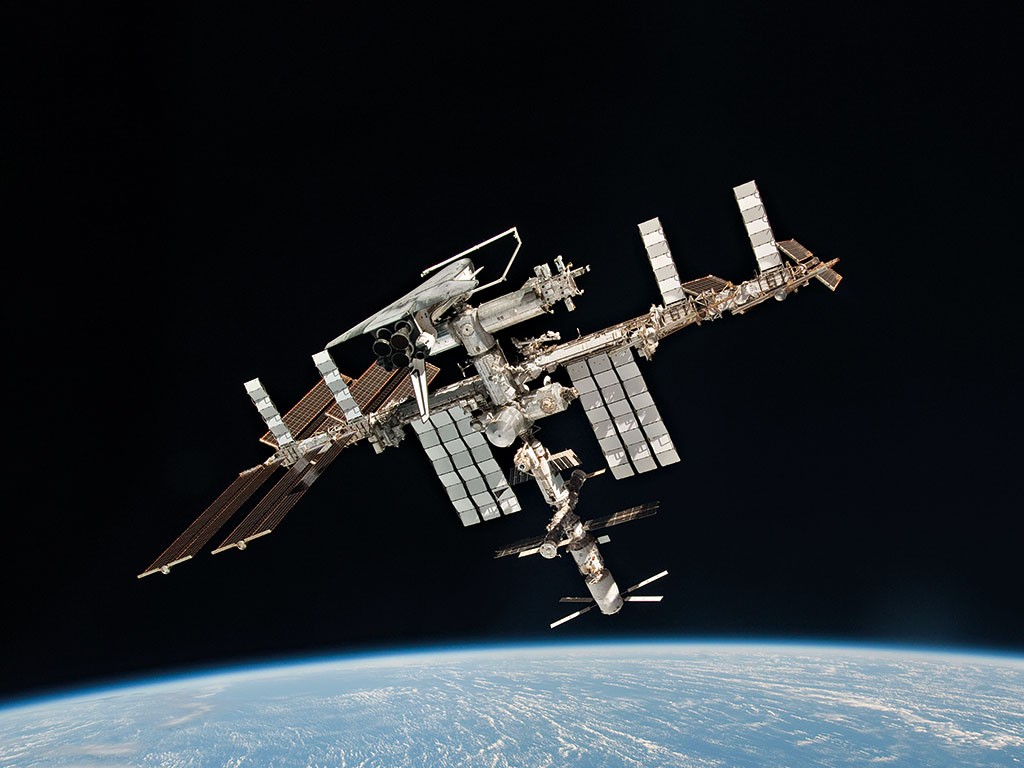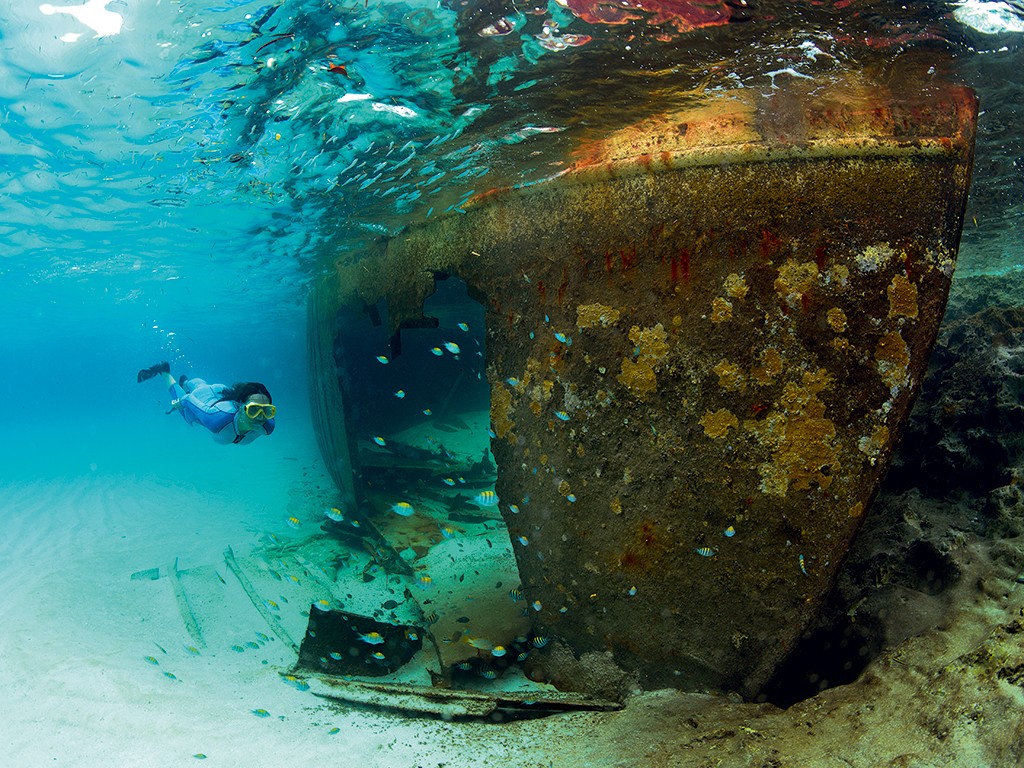The salmon of doubt
Supporters of GM foods claim they will help reduce the global food shortage: Anti-GM campaigners claim they’re both dangerous and profit-driven

Salmon farming

Frankenfoods have a role to play
In order to feed the world, campaigners should stop being squeamish about scientifically developed produce
The arguments against so-called ‘Frankenfoods’ are perfectly valid, and there obviously needs to be strong and robust scrutiny of the types of things being cooked up in laboratories before they are made available for human consumption. However, the looming global food crisis means people in developed nations can no longer be picky about what they eat.
According to the UN, grain reserves have hit such a dangerously low level that severe weather in mass-producing countries like the US could cause a major worldwide food crisis. Many feel developing animals in a laboratory is a step too far, but – with global demand for meat set to double over the next 40 years – there is an impending food crisis that needs to be addressed.
Sensationalist stories of hamburgers being created in test tubes have made the public wary of artificially created meat, but it seems unlikely consumers will care too much about the origin of their food if the alternative is a sharp increase in cost.
In fact, Maastricht University’s Professor Mark Post – who developed the artificial meat – said each animal would be able to create a million times more meat than they could through conventional methods. Professor Post hopes his methods will be commercially available within 10 years – given the right funding and regulatory approval.
Before then, it is likely genetically engineered salmon – developed by Massachusetts-based AquaBounty Technologies – will be available. It is expected to be given regulatory approval this year by US authorities. The salmon is a sterile female reared in a facility in Panama and capable of reaching market size in half the time of conventional salmon. It has been given preliminary approval by the FDA, who described it as being as safe as food from conventional salmon.
The UK has been especially strict on the use of GM food, but is now coming under pressure to soften its stance in an effort to help combat world hunger. Professor Helen Sang, a GM animal specialist at the Roslin Institute in Scotland, told reporters: “This is a very exciting time. We have GM animals that have qualities you can’t achieve through conventional animal breeding. The problem with GM is that it is seen as mumbo jumbo magic. But if people can understand what the aims are and what we are trying to achieve, then they are much more comfortable.”
GM animals could be grown faster, in more efficient ways, and with the added advantages of containing more nutrients and a better taste. The animals have specific genes inserted into their genomes in order to produce better milk, meat and eggs. They also have a greater resistance to disease. These obvious benefits would be combined with a positive impact on climate change, as the animals would consume less water, soil and energy than conventional animals.
The concerns the anti-GM lobby have over these new methods do not come close to matching the devastation on society that will result from a global food crisis. It is the role of scientists to create the technologies that will prevent serious catastrophes affecting the world population – and if it means creating a few over-sized chickens and cows to feed the world’s neediest, then so be it.
GM food may seem unpalatable to the general population now, but a global food shortage is surely something they would be far less keen to stomach.

GM salmon is not worth the risk
Factory farmed fish are not safe, do not address the real causes of world hunger and are not sterile. We will unleash a monster
Genetically modified salmon, reared in a nondescript lake farm in Panama, are set to receive approval from the FDA. That means they could potentially appear on American dining tables within months, putting consumers’ health at risk. Pictures show fish up to three times the size and girth of normal salmon, and oddly lumpy. It is indeed a monster breed.
The fish grow to this abnormal size after being pumped full of growth hormones that boost the effects of a gene transplanted from the ocean pout. The frankensalmon is being touted as the gateway GM meat. If approved for consumption, it could open the door for other GM animal products to enter the market – first other fish, then chicken and red meats.
The giant fish are raised in aquatic factory farms. Thousands of salmon live in a small isolated space, swimming in their own waste. This leads to a higher incidence of diseases, requiring greater use of antibiotics. A study by the PEW Oceans Commission found a single serving of regular farmed salmon contains three to six times the daily limit of dioxins recommended by the World Health Organisation.
The report’s synopsis explained: “The use of these antibiotics is a health risk for fish as well as people, since it promotes the spread of antibiotic-resistance in both human and fish pathogens.” And it is fair to assume the bigger the fish the bigger the problem.
Aquabounty, the company behind the experiment, has cheerfully named its frankenfish ‘AquaAdvantage Salmon’, but it is hard to see the advantages. Environmentally, they are nothing short of a disaster. If the giants were to escape their tiny, unprotected pens and make their way to the ocean, their size alone would mean native salmon populations could rapidly become endangered.
Salmon factory farms, abundant in Norway and Canada, consist of supposedly secure pens that keep the fish separate from the local wildlife. Farmers pump them full of antibiotics and breed them relentlessly. Despite assurances from the farmers, the ‘secure’ pens fail and the drug-addled fish regularly escape, either through human error or when hungry predators savage their cages.
According to Canadian authorities, up to half a million farmed salmon escaped into the oceans in a decade. Once free, they compete with the region’s already endangered species. “We were told they wouldn’t escape. They escaped,” said Jennifer Lash, Director of conservation group Living Oceans Society. “We were told they wouldn’t survive in the wild. They survived. We were told they wouldn’t reproduce. They’ve reproduced.”
Aquabounty claims the fish are sterile, but its own records suggest as many as five percent of the GM fish could be fertile and could reproduce. In its report, the FDA suggested only a minimal environmental review would be necessary for the salmon to gain their approval.
GM food companies hide behind the premise they are helping remedy global hunger by unleashing these uncontrollable monsters onto our plates, but that is clearly false. Studies have proven world hunger is a distribution, not a production, issue, and to use human suffering as a way to protect bottom lines is nothing short of immoral.
GM meat is about making the product more profitable, not feeding the hungry, and it has been proven time and again that companies will jeopardise consumer health and the environment to achieve that goal. tne













